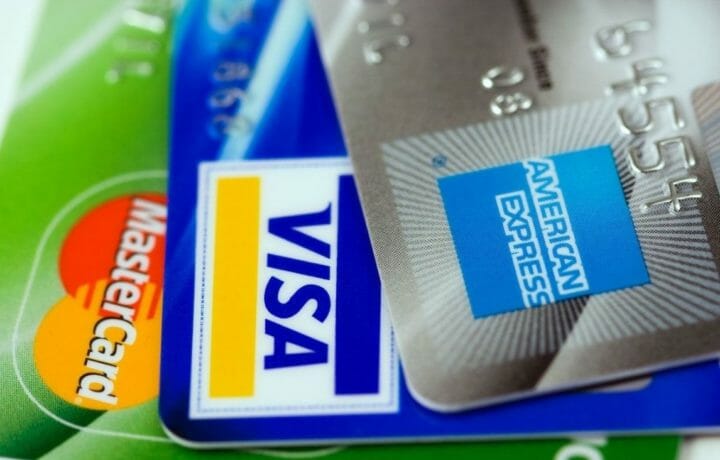It’s May, and new talent is entering the job market as college students graduate. For those embarking into government or national security employment for the first time, that means filling out an initial SF-86. Depending upon your background, the task of completing the 100-page form can be daunting. For many applicants, the amount of information required is the issue (who will remember me at that address?!) – but for younger applicants, it can be the lack of certain information that’s an issue.
With credit history being a key part of the application and financial issues making up an entire adjudicative guideline, applicants with no credit history may wonder how that affects their security clearance application. If you’re a recent graduate or military applicant who has absolutely no credit history or credit score to their name, that’s not necessarily a red flag. The security clearance process is concerned with bad debt, and particularly causes of debt – or any debt owed to the federal government (not paying taxes is a bad move for clearance applicants, for instance).
If you don’t have a credit score, the time of applying for your first job is a good time to start building it. No, you don’t apply for a bunch of credit cards and start wracking up debt. Research and apply for a single credit card. Open your own bank account (not tied to your parents), and start using it.
No Credit? Still Request a Copy of Your Credit Report
Just because you don’t think you don’t have a credit history doesn’t mean there couldn’t be false information in your report. Before applying for a security clearance, it’s still a good idea to request a free copy of your credit report. If you’re a young person who has joint accounts with a parent or another individual, it will also give you an idea of any issues with those accounts. Now is a good time to start building up your independent credit history. That joint account with your mom may be fine now, but five years down the road, it could be an issue you’d rather not be dealing with.



